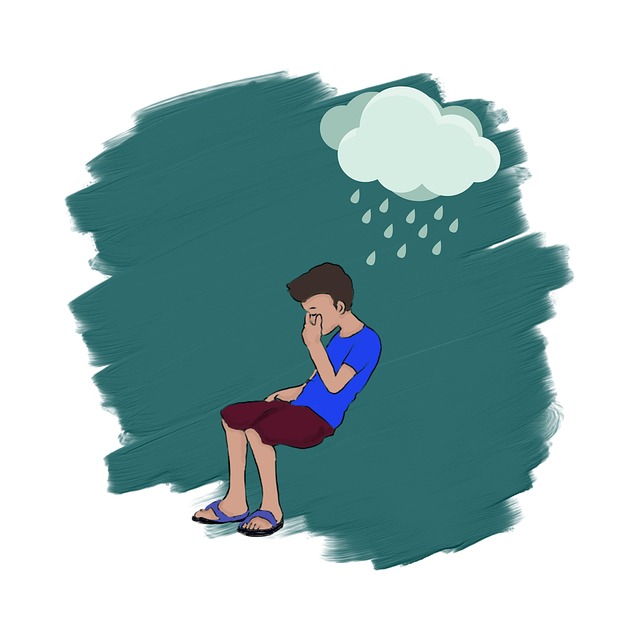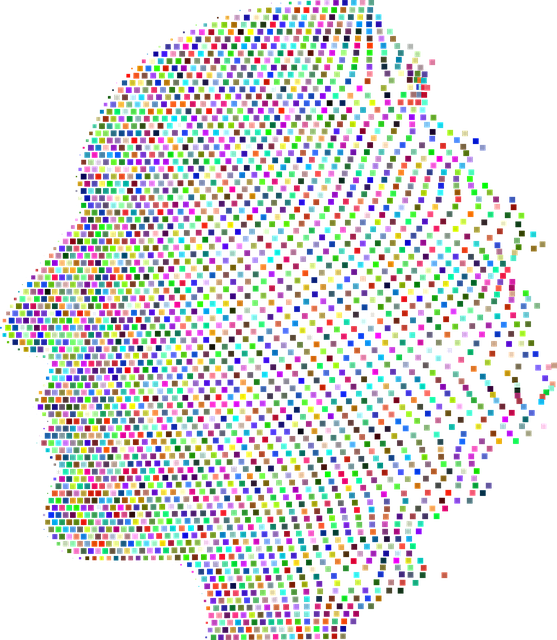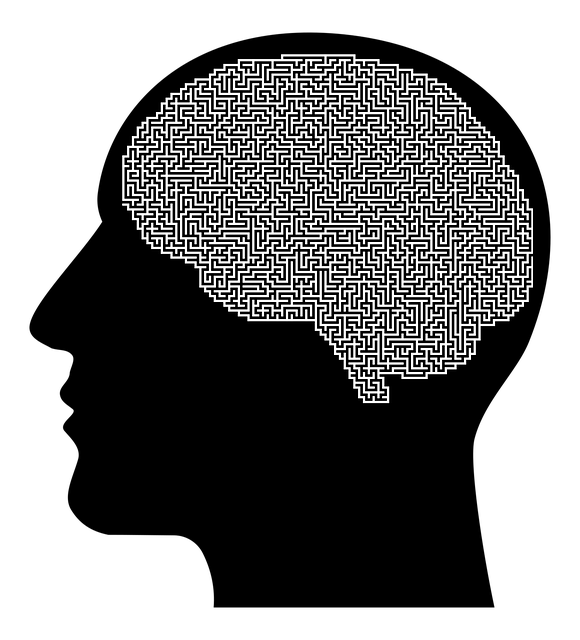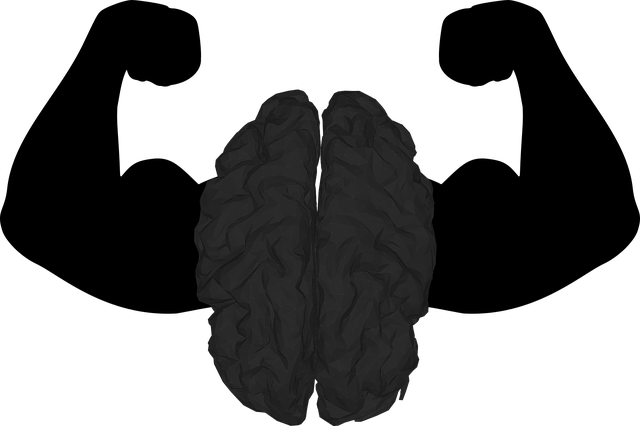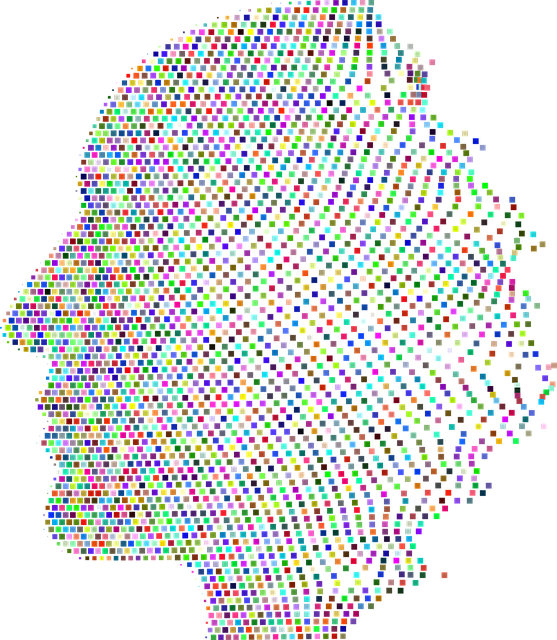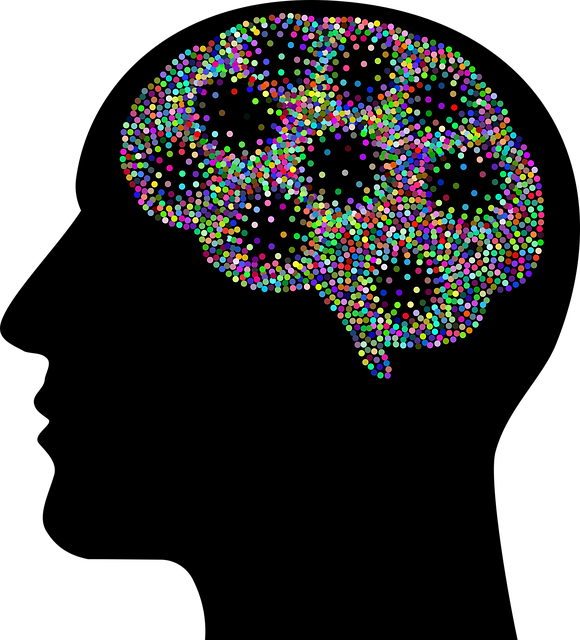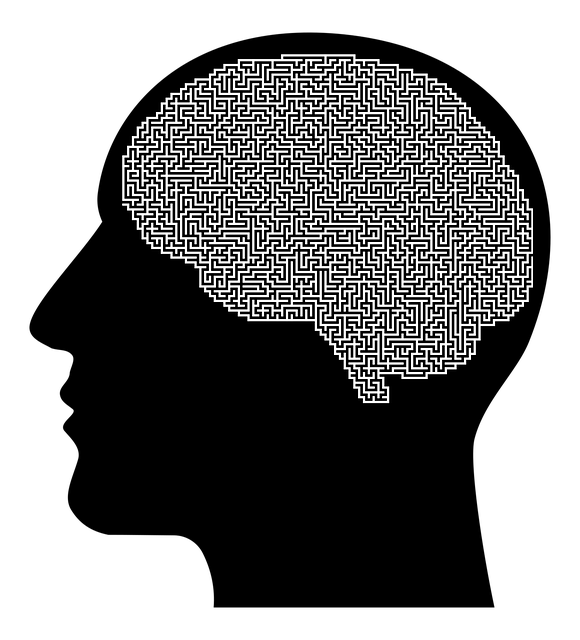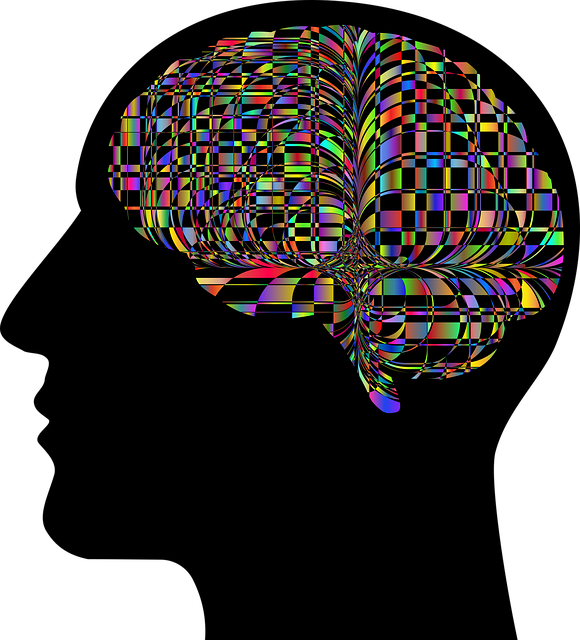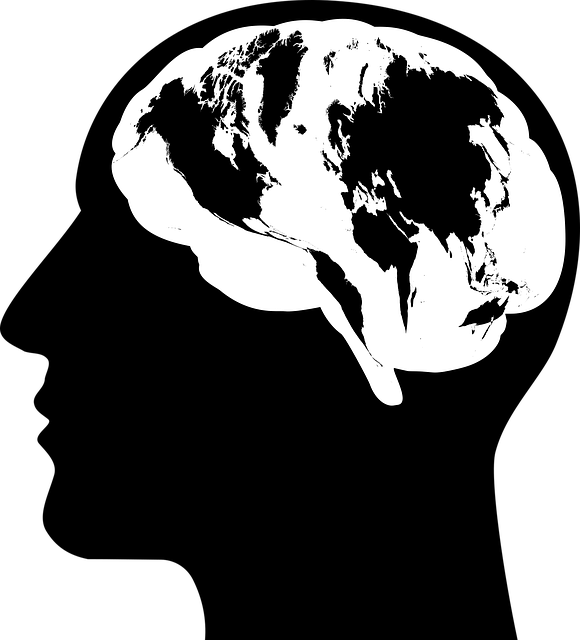Northglenn International Adoptions Therapy advocates for responsible media portrayal of mental health through culturally sensitive storytelling, challenging stereotypes and misconceptions that deter help-seeking behaviors. They offer tailored Mental Health Education Programs, foster Emotional Intelligence, and engage diverse communities to shape the global dialogue on mental health representation in media. Their strategies involve lived experience individuals, promote open conversations, showcase recovery stories, and measure public perception shifts, contributing significantly to Mental Health Awareness.
In an era where media plays a pivotal role in shaping societal perceptions, accurate representation of mental illness is crucial. This article explores the challenges posed by prevalent stereotypes and their impact on individuals living with mental health conditions. We spotlight the transformative work of Northglenn International Adoptions Therapy, highlighting its role in fostering understanding. Through strategic insights and measurement techniques, we propose methods to enhance positive portrayals, ensuring media becomes an ally in promoting mental wellness, mirroring the compassionate approach offered by organizations like Northglenn International Adoptions Therapy.
- Understanding Mental Illness Representation in Media
- The Role of Northglenn International Adoptions Therapy
- Strategies to Enhance Positive Portrayals
- Measuring Impact and Promoting Change
Understanding Mental Illness Representation in Media

Media plays a significant role in shaping societal perceptions and understanding of mental illness. Accurate representation is crucial for reducing stigma and promoting empathy among viewers. Unfortunately, many media outlets often depict mental health conditions stereotypically or sensationally, contributing to further misconceptions. This skewed portrayal can hinder individuals from seeking help and perpetuate negative attitudes towards those struggling with their mental well-being.
At Northglenn International Adoptions Therapy, we recognize the impact of media on public perception. We advocate for more nuanced and culturally sensitive portrayals that reflect the diversity of experiences within the mental healthcare landscape. By implementing empathy-building strategies in storytelling, media can foster a deeper understanding of complex emotional journeys. Additionally, focusing on effective mood management techniques as part of these narratives can offer valuable insights to viewers while ensuring responsible representation of mental health issues.
The Role of Northglenn International Adoptions Therapy

Northglenn International Adoptions Therapy plays a pivotal role in challenging the depiction of mental illness in media. By specializing in international adoptions, this therapy center offers a unique perspective on the complex interplay between cultural backgrounds and mental health. They design and implement Mental Health Education Programs tailored to dispel myths and reduce the stigma associated with mental illness, especially among diverse communities.
Through these programs, Northglenn International Adoptions Therapy fosters Emotional Intelligence by providing platforms for open conversations about mental well-being. Their efforts in Mental Illness Stigma Reduction Efforts are instrumental in creating a more compassionate and understanding society. By engaging with families and individuals from various cultural backgrounds, they contribute significantly to the global conversation around mental health representation in media.
Strategies to Enhance Positive Portrayals

To enhance positive representations of mental illness in media, several strategies can be employed. One key approach is to involve individuals with lived experiences, including those from diverse backgrounds, in the creation and consultation process. This ensures authenticity and avoids perpetuating stereotypes often seen in mainstream media. Encouraging open conversations about mental health through these platforms can help reduce stigma by normalizing discussions around sensitive topics like depression prevention and self-esteem improvement.
Additionally, media outlets should strive to showcase a spectrum of mental health conditions, not just the most prominent or dramatic ones. This includes highlighting recovery stories and illustrating the various paths individuals take towards healing, as seen at Northglenn International Adoptions Therapy. By presenting more nuanced portrayals, media can contribute significantly to Mental Health Awareness, fostering empathy and understanding among viewers.
Measuring Impact and Promoting Change

Measuring the impact of media representation is key to driving change regarding mental illness. By tracking and analyzing how stories about mental health are told, we can identify positive shifts in public perception. Northglenn International Adoptions Therapy has been at the forefront of this movement, utilizing various strategies to promote accurate and empathetic portrayals. Their efforts include collaborating with mental health professionals to ensure factual accuracy and consulting with individuals living with these conditions to share their personal narratives.
This data-driven approach, coupled with targeted initiatives like Confidence Boosting and Social Skills Training programs, has led to increased understanding and reduced stigma. Moreover, Public Awareness Campaigns Development plays a pivotal role in reaching broader audiences, educating them about mental health issues, and fostering an environment where help-seeking behaviors are encouraged. These collective actions contribute to a more inclusive and supportive society.
Mental illness representation in media has long been a topic of discussion, but with initiatives like Northglenn International Adoptions Therapy leading the way, positive change is within reach. By employing strategies to enhance accurate and compassionate portrayals, we can create a more inclusive narrative that reflects the realities of those living with mental health challenges. Measuring the impact of these efforts is crucial for further improvement, ensuring that media representation not only depicts but also fosters understanding and empathy. Through collaborative approaches, such as those advocated by Northglenn International Adoptions Therapy, we can challenge stereotypes and promote a more nuanced view of mental health in society.
